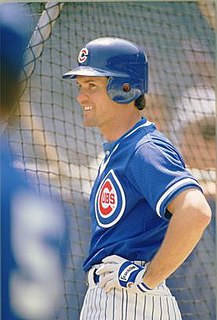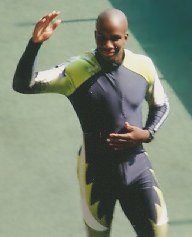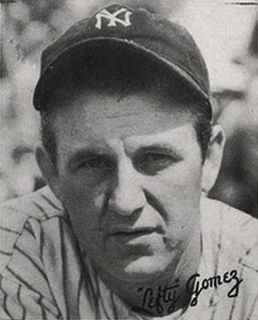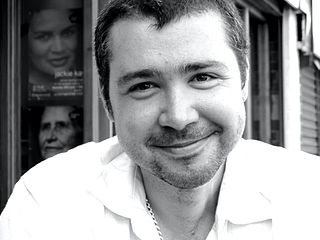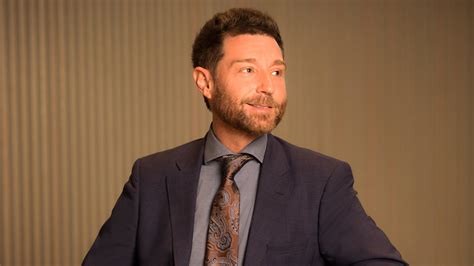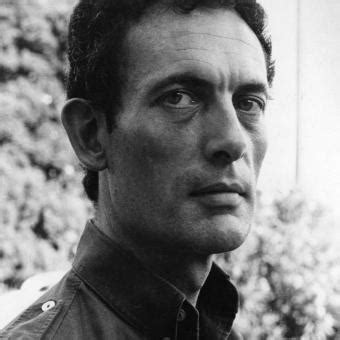A Quote by Tyler Henry
When I meet people, I relay things I see and feel. And in a reading when I interact with a person, I'll pick up on sensations and feelings and piece them together to make a coherent thought. My goal is to always get specific information and relay details that people will connect to.
Related Quotes
When we got in the race, we knew what we had to do and knew what we wanted to do. Having three of four guys from the American record 800 free relay is a pretty solid relay, so we thought we could take a crack at the U.S. Open record tonight. We're all a little tired, but that's fifth-fastest American relay ever, so it's not a bad time. We ended tonight on a great note.
High culture is nothing but a child of that European perversion called history, the obsession we have with going forward, with considering the sequence of generations a relay race in which everyone surpasses his predecessor, only to be surpassed by his successor. Without this relay race called history there would be no European art and what characterizes it: a longing for originality, a longing for change. Robespierre, Napoleon, Beethoven, Stalin, Picasso, they're all runners in the relay race, they all belong to the same stadium.
I don't want to fetishize the past. I want there to be a natural sequence coming out of a synthesis of the ideas and information that I gather together as a result of looking at things that are in the world. I'm trying to bring forward signs or signals based on what I see and my responses to these things. I'm trying to leave a trail that will be useful to other people in the future. It has to do with making something that contains a synthesis of the information, and then consequently to make one's deliberations visible, to allow other people to follow them. That's how I see my role.
I'm always interested in hearing how other people read and react to my songs. I hadn't thought of it in just that way. One of the things I love about doing things that are creative is that I feel like it's my right as an artist not to be affected by the reactions of those people that are going to hear my songs. But I also feel like it's the right of the people hearing them to have their own interpretations of what these songs mean. Sometimes people will see things that I don't see.
One of the coolest things about touring around, actually, is getting to meet people, and getting to pick up on things that other people like. So many times, people come up to me after a reading and say, 'You must have read this,' or 'You must have seen this,' or 'Do you listen to this?' Usually I haven't.
We try to make each situation specific to the person. At the beginning of the season, we come up with, like, 50 to 100 ideas, which we workshop and then we call around to see who is interested in doing something like that. Once we find the people, we make the bid specific to them. A lot of it is about where you can get people to go physically, which is a little tricky because most actors and musicians are kind of hermits-they like to stay in their houses.
In studying music, you're dealing with a person, not just what comes to you on a piece of paper, and it's important to get hold of what it is that lies between that person as a person, and the things which they're producing on the paper. I don't know whether I see things in too complex a fashion, but often people will do things which are not actually their nature, but will do things because they think that's what they should do.
Before Gutenberg, there was this really very strong oral storytelling culture where being able to relay stories from person to person was sufficient. And then, with the introduction of printing and mass communication, suddenly somebody had a lot of authority invested in the idea of a single canonical expression of a document or a piece of communication.

